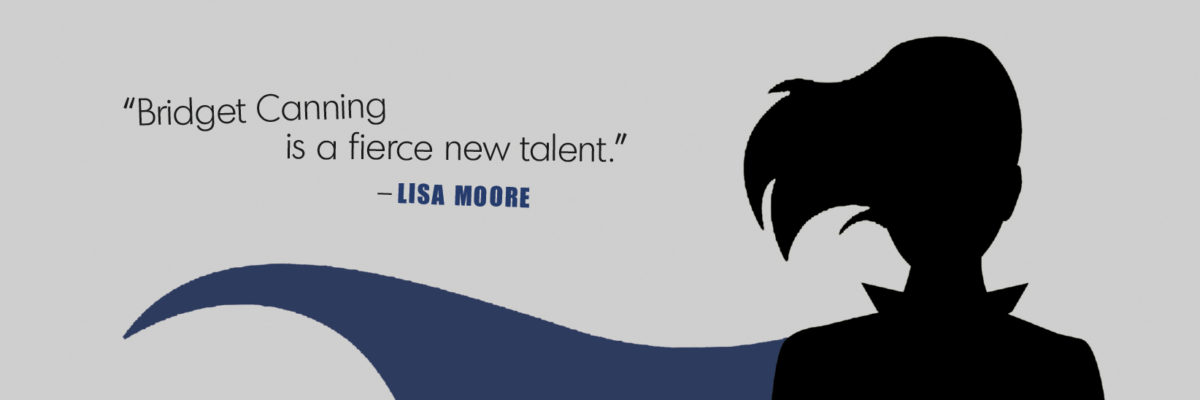Your Greatest Hits (and Misses) Online
BY Ellen Curtis
May 2017
I START EVERY DAY by watching the news.
With coffee steaming in my mug, I curl up on the couch and settle in, tuning into CBC. The routine is calming to me, this time to ease into my day, uninterrupted. Most days, the reports are background noise that keep me peripherally aware of world events. Most mornings, I’m separated from them by a screen, a throw blanket, and a dog at my feet. More and more though, I find myself unable to look away. Maybe this started after reading Bridget Canning’s new novel, The Greatest Hits of Wanda Jaynes.
It seems every morning lately I turn on the TV to reports of terrorist attacks around the world. How many times has France been targeted lately? I’ve lost count.
Reading The Greatest Hits of Wanda Jaynes brought me back to 2014 and to all the times since when I have started my morning glued to a horrifying report.
Most of us probably remember our shock at the killing of Corporal Nathan Cirillo at the Canadian National War Memorial in Ottawa. It was Sergeant-at-Arms Kevin Vickers who prevented further deaths when he shot and killed the attacker. Just days before this attack, a close friend posted photos on social media from the site I was seeing on the news. It chilled me.
Then I moved on, the way we all do.
The House of Commons gave Vickers a standing ovation for his heroic actions. News reports focused on Vickers’ humility and we heard Vickers say that we was just doing his job. Canning brings this sort of conversation–about the character of a hero–directly to St. John’s in her debut novel.
When Wanda Jaynes becomes an internet sensation for ending a shooting spree in a Newfoundland grocery store, she is forced to grapple with the aftermath of tragedy in the public eye. Such is the nature, it seems, of our social media age.
Meme-ified, and with her life-saving action documented in viral video for the world to see, Jaynes is put through the ringer on Twitter, shoved firmly under the lens of the public microscope.
Through her reluctant heroine, Canning explores the privacy costs of the new necessity to keep up via Facebook, Twitter, Instagram, or wherever. When does that participation equal surrendering our privacy?
When Jaynes consents to a CBC interview, she wants to take control of the media narrative and stop the media from hounding her. This backfires and Jaynes becomes the Everyman and Everywoman, caught between the personal, professional, and public realms of social media.
Coping with tragedy on social media is a sort of taboo. Social media does happy highlight reels best. The messy realities of trauma don’t jive with expectations. People seem to have a funny way of expecting others to fit in a box: a hero should fit their perceptions of heroism and grieving in public should be done with decorum. But the truth is that our heroes are ordinary people and that their grief is allowed to be messy.
Perhaps, in a time when we’re immersed in the minute details of each other’s lives, the best form of respect we can show our heroes is to give them the compassion of privacy. Like us, they’ll have their greatest hits, but they’re allowed their misses too.




